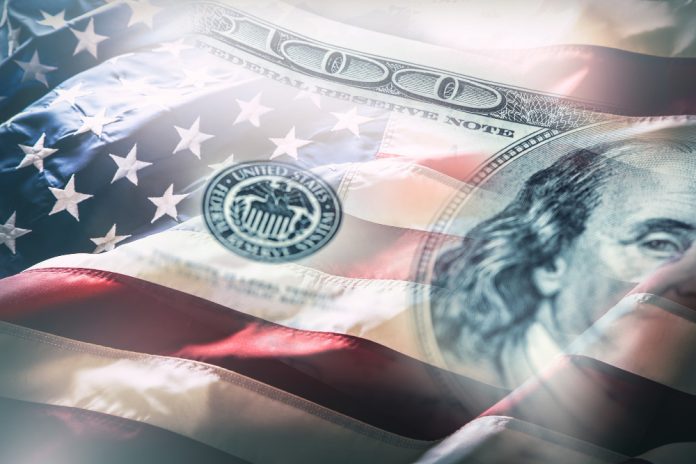This earnings season has largely been positive.
Major corporations like tech giant Microsoft (NASDAQ:MSFT) and beverage giant Coca-Cola (NYSE:KO) have exceeded profit expectations. Despite challenges such as growing geopolitical tensions, surging fuel prices, and a wary US consumer, the financial outcomes have been commendable.
Of the approximately 235 S&P 500 companies that reported their Q3 results, sales growth stands at 5.1%, with earnings growth at 14.5%, as per Evercore ISI’s Julian Emanuel. Sales and earnings have exceeded the consensus by 0.6% and 8.9%, respectively.
However, a closer examination by Yahoo Finance reveals increasing pressure on the financial structures and future projections of US corporations.
The culprit? The 11 interest rate hikes rolled out by the Federal Reserve since its monetary tightening campaign kicked off in March 2022.
The market’s reaction to this developing strain is surprising, especially given its potential implications for stock valuations in 2024.
One CFO from a tech firm with a market cap exceeding $100 billion conveyed how these rate hikes are permeating every facet of his enterprise, from hiring to capital allocation and new ventures. While not exactly in panic mode, he did express increasing pressure to reconsider the operating model and possibly cut costs.
This sentiment isn’t isolated. Prominent executives have shared their insights on Yahoo Finance Live regarding the Federal Reserve’s growing influence.
From Otis CEO Judy Marks’ perspective, it seems people are reevaluating investments due to the interest rates, especially private developers. They’re recalculating the benefits considering the rate environment.
Whirlpool CEO Marc Bitzer noted that we have two contrasting scenarios. On one hand, there’s strong demand for new housing. On the other, existing home sales, a significant part of our demand, are now below 4 million – a level last seen in 2010. There’s a shortage of homes, which boosts new home sales. However, there’s limited inventory of existing homes because many fear losing out on favorable mortgage rates.
T-Mobile CEO Mike Sievert acknowledged the impact of higher rates on their plans, saying, that the company has accelerated the move to its target 2.5x leverage ratio and aim to achieve it by next year from the current 2.7x.
As Federal Reserve Chairman Jerome Powell is set to re-emphasize his commitment to tackling inflation, even if it comes at the cost of corporate growth and the broader economy, these insights underline the challenges companies face in the evolving financial landscape.
Featured Image – Freepik
















